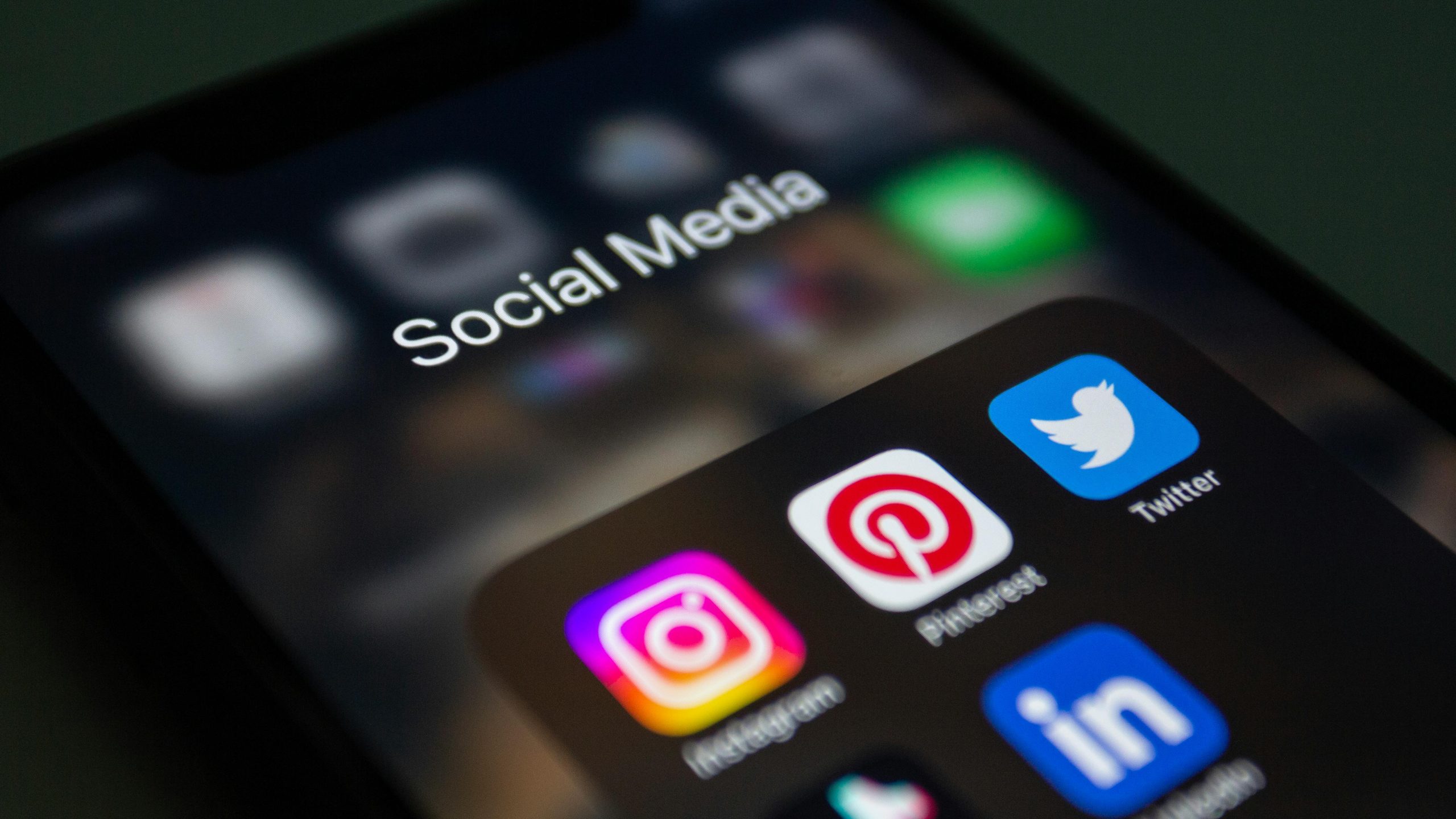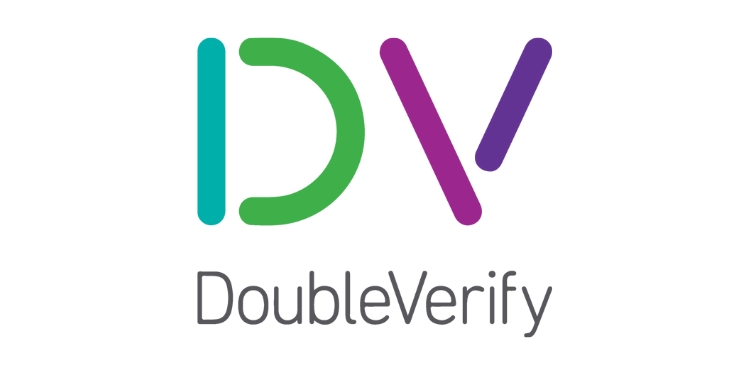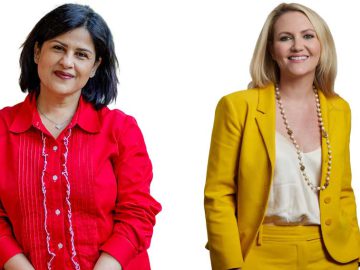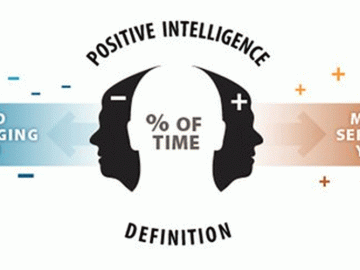“You must be the one who doesn’t have Instagram.” This was how my college brother greeted me when we first met in freshers’ week. Suddenly, I was aware that this was to be an important part of my identity. Before term had even started, I had seemingly imposed a social barrier on myself, missing out on making pre-existing connections with my college family or other incoming freshers on social media (especially as nobody I knew, from school or otherwise, was going to Oxford).
When people ask me now why I’m not an Instagram user, I usually give a generic response like, “I’m not really a social media person.” But the true reasons are more complicated; looking back, it’s difficult to untangle them. The first thing to note, I suppose, is that I have never had Instagram. I didn’t delete the app at a particular point in time to better my mental health, as some assume; I just never downloaded it when everyone else was starting to.
When I try to retrace it now, I wonder why that is. It may be related to the fact that I got my first phone slightly later than most of my peers, putting me behind on the Instagram trend. Perhaps, having lived a few months longer without social media, it didn’t feel as necessary to me. Or perhaps I worried about losing the head start in gaining followers and decided not to bother catching up. It might have been seeing some of the negative effects that Instagram was already having on people I knew well: explicit messages to underage individuals, cyber-bullying and unrealistic expectations of body image.
Whatever the initial reason – probably a combination of all of the above – it became a matter of principle. This is how I was (and apparently still am) identified: the one who doesn’t have Instagram.
For a while, I quite liked this. I didn’t have to bother cultivating a perfect profile, and could indulge in an inflated sense of moral superiority believing I didn’t buy into the same image-driven society as other teenagers. It’s true that I appeared to care less about popularity than some of my peers – if only because I’d always been on the outside loop. Admittedly, this may also be a reflection of my fixation on something else at school: studying. My gratification did not come from social media likes, but from teacher reports and test papers (which may be just as toxic of a mentality).
Yet, over time, I have also felt the negative effects of my lack of social media presence. At school, as at university, it partly contributed to my status as a wallflower. Above all, it was isolating. Aside from a small circle of friends (fortunately, extremely good ones), I felt that people generally did not know me, or even know of me, and I didn’t know them. Would Instagram have helped me make friends more easily?
Sometimes, not having Instagram felt like effacing my own identity, making myself invisible, even though the version of myself that I projected online would not necessarily have been true to me anyway. FOMO was (and remains) the elephant in the room. When the pandemic struck, it was especially challenging being cut off from the people I previously interacted with everyday at school. Without easy access to information about their lives popping up on a feed, the social reservation of lockdown became more pronounced, and, while screen time skyrocketed for many, mine dwindled to as little as 30 minutes a day.
Sometimes, not having Instagram felt like effacing my own identity, making myself invisible.
But, still inexplicably resistant to giving in and downloading Instagram in 2020, I opted for an alternative: Facebook. You might be wondering what the difference is. Well, although my Facebook feed is swamped by a fair amount of fake news and, increasingly, AI-generated images, it is not so much dominated by selfies.
Instagram as a platform is tailored around image – our own and that of others. It is also self-promotional; you use the product while simultaneously turning your own image into one. Image isn’t always bad, of course. In fact, self-expression and visibility, feeling represented in the images that we see, are deeply valuable. But there’s a fine line to tread when it comes to mass exposure to photos which are always staged in a certain way, if not altered via editing software.
It goes without saying that social media may perpetuate unattainable beauty standards, especially among younger, more impressionable users. Driven by influencer culture, these standards may also revolve around a unilateral view of what beauty is. Not long ago, this manifested itself in problematic trends like the ‘thigh gap’ aesthetic. Now, it may take the more subtle form of the ‘that girl’ trend, among others. I honestly believe that I placed less value on appearances throughout my adolescence because I was never directly exposed to these kinds of aesthetics, and my mental health benefitted from this.
If your life is encapsulated in just a few images, what do you choose to say? No carefully cultivated feed can capture who we really are – it merely creates the kind of holographic version of ourselves that we wish to project. When designing our profiles, we may even create a standard that we ourselves feel that we cannot live up to, driving some to jokingly refer to themselves as a ‘catfish’.
If your life is encapsulated in just a few images, what do you choose to say?
Sometimes, though, scrolling through my camera roll, I have regretted the fact that I never posted university content to an Instagram account, especially given that Oxford is such a photogenic city. Nobody would ever see the bops and formals, the gowns and matriculation ceremony, the Radcam or the beauty of Oxford colleges – at least, not from me. Perhaps this is liberating, enabling me to live in the moment, knowing as I take each photograph that it is only for my own benefit.
Overall, I have an ambivalent attitude towards my own lack of Instagram. In some ways, I feel that it has genuinely bettered my outlook on life, enabling me to resist constant comparison with others, but, at times, I have also felt it to be an unnecessary self-imposed social ostracisation. The latter may reveal how deeply ingrained social media has become in our times.
A final effect of social media, especially with the rise of short form content as seen on TikTok, is a brief attention span. But if you have made it this far, I would finish by quoting Robert Frost:
‘Two roads diverged in a wood, and I –
I took the one less travelled by,
And that has made all the difference.’
For better or for worse, I did take a different route. I never created a social media presence. I never posted photos. I never watched how many likes they got. Whichever path I might have gone down, there are positives and negatives to both. But this is the choice I took. And that has made all the difference.
Image credit: Bastian Riccardi via Pexels
Post Views: 140




